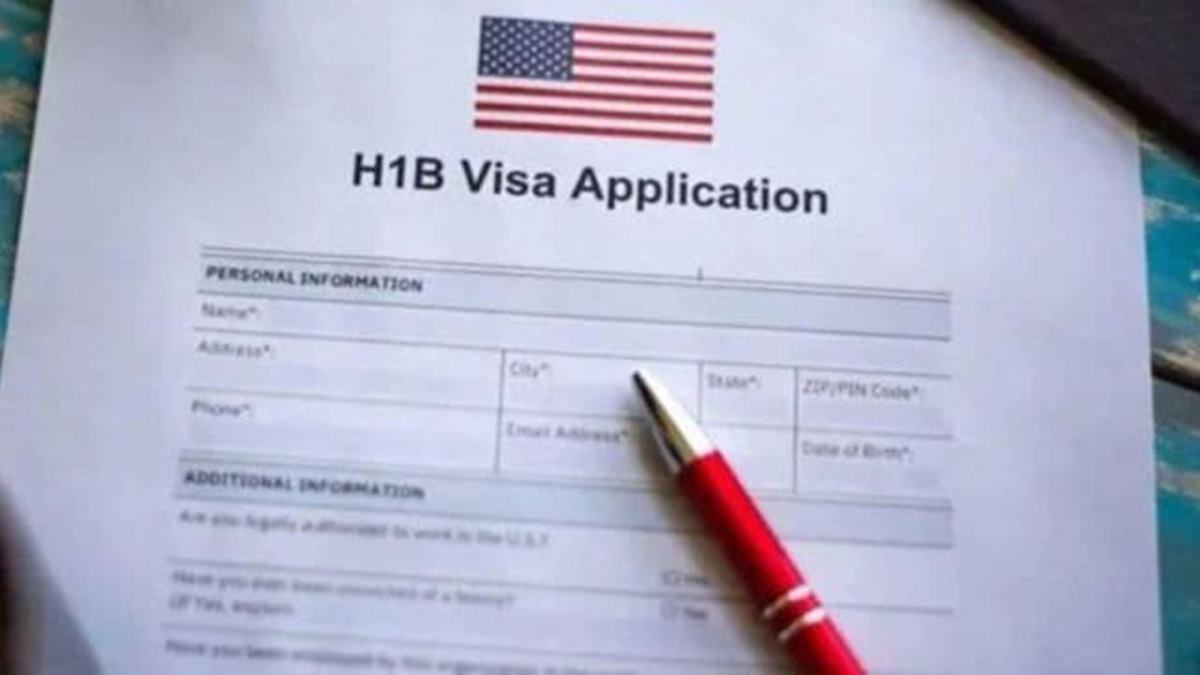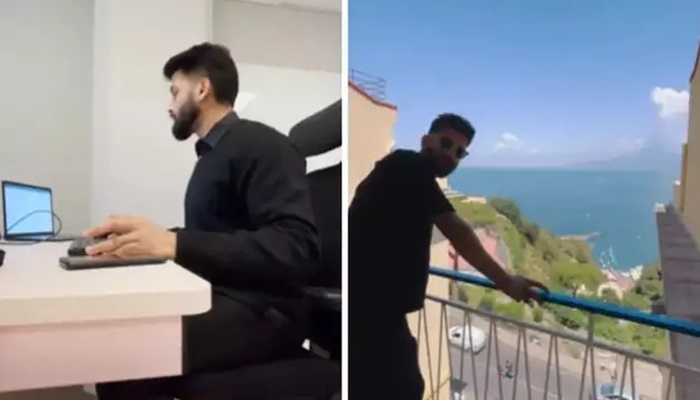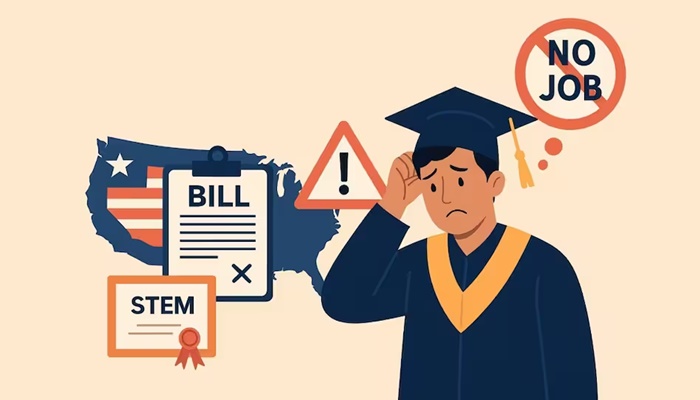In a move that could shake the foundation of international education and employment in the United States, Joseph Edlow, Donald Trump’s nominee for director of U.S. Citizenship and Immigration Services (USCIS), has proposed ending the Optional Practical Training (OPT) programme, as per a report by Forbes.
Speaking at a Senate Judiciary Committee hearing on Wednesday, Edlow called OPT a “misapplication of the law” and proposed a regulatory rollback to eliminate work authorisation for international students after they complete their degrees.
“What I want to see would be essentially a regulatory and sub-regulatory programme that would allow us to remove the ability for employment authorisations for F-1 students beyond the time they are in school,” Edlow said in response to a question from Senator Mike Lee (R-Utah).
The implications are significant. If enacted, Edlow’s plan would eliminate both the standard 12-month OPT work period and the additional 24-month STEM OPT extension. These are key stepping stones to the H-1B visa and long-term employment for thousands of skilled graduates.
The reaction from the education and business communities was swift. Miriam Feldblum, Executive Director of the Presidents’ Alliance on Higher Education and Immigration, warned: “Any rollback of OPT will severely harm international students and our ability to attract talented students from around the world, our nation’s global competitiveness, economic growth, national research capacity, and future innovation.”
OPT and STEM OPT currently support over 242,000 international students, according to the Institute of International Education. These programmes are viewed as essential by universities and tech firms alike for bridging the transition from academia to the workforce.
The proposal also contradicts Donald Trump’s earlier rhetoric, where he suggested international graduates from top U.S. colleges should “automatically get green cards.” If Edlow’s vision is implemented, it could severely undermine that promise and drive talent elsewhere.
The OPT programme had previously withstood legal challenges, including a 2022 ruling by the U.S. Court of Appeals for the DC Circuit that upheld its legality against opposition from groups like Washtech.




















